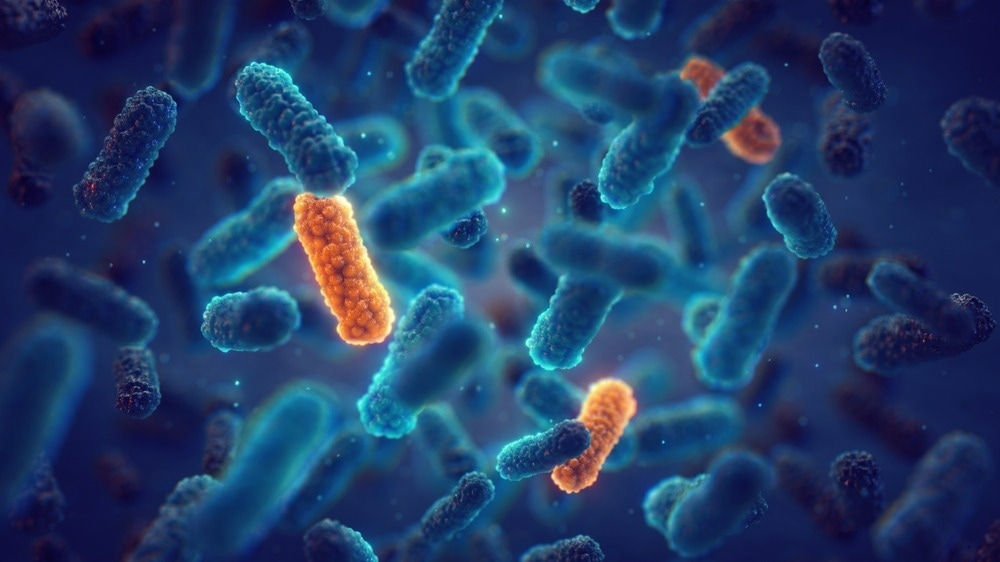Reviewed by Danielle Ellis, B.Sc.Dec 15 2023
A recent study delves into the transmission of antimicrobial resistance (AMR) among cockroaches, shedding light on potential implications for AMR transmission in humans.

Image Credit: nobeastsofierce/Shutterstock.com
The research was published in mSystems, an American Society for Microbiology journal.
AMR poses a significant hazard to human and animal health. The diminishing effectiveness of drugs against certain microbial pathogens has made infections notably challenging to manage. The study delves into the spread of AMR within the microbiome of animals' symbiotic or nonpathogenic gut, departing from theoretical modeling to offer insights from a real-world investigation.
Insects like cockroaches provide an uncomplicated and easily sustained experimental setup to examine the transmission of antimicrobial resistance (AMR) among microbes.
Given their dense living arrangements and frequent interactions, similar to humans in urban settings, these insects offer valuable parallels. In an experiment, researchers supplemented the diet of a socially interconnected cockroach population with tetracycline, an antibiotic class used to treat various bacterial infections.
The outcome revealed a surge in the prevalence of tetracycline resistance genes within their gut microbiomes.
Researchers at the Technical University of Denmark subsequently introduced an untreated group of cockroaches to interact with the tetracycline-treated ones. Following this interaction, the untreated cohort exhibited heightened resistance to tetracycline, mirroring the levels observed in the treated group.
Notably, the soil substrate within the cockroaches' habitat also displayed escalated tetracycline resistance. The degree of resistance observed was contingent on the intensity and frequency of interaction between the treated and untreated cockroach populations.
The study findings indicate that antibiotic overuse isn't the sole pathway for AMR transmission. Animals harboring AMR genes in their microbiomes can interact with others lacking these genes, enabling the transfer of AMR genes between them.
Further investigations in mammals are essential to validate these outcomes and extend their implications to humans.
Source:
Journal reference:
Bogri, A., et al. (2023) Transmission of antimicrobial resistance in the gut microbiome of gregarious cockroaches: the importance of interaction between antibiotic exposed and non-exposed populations. mSystems. doi.org/10.1128/msystems.01018-23.